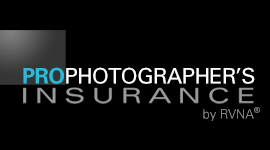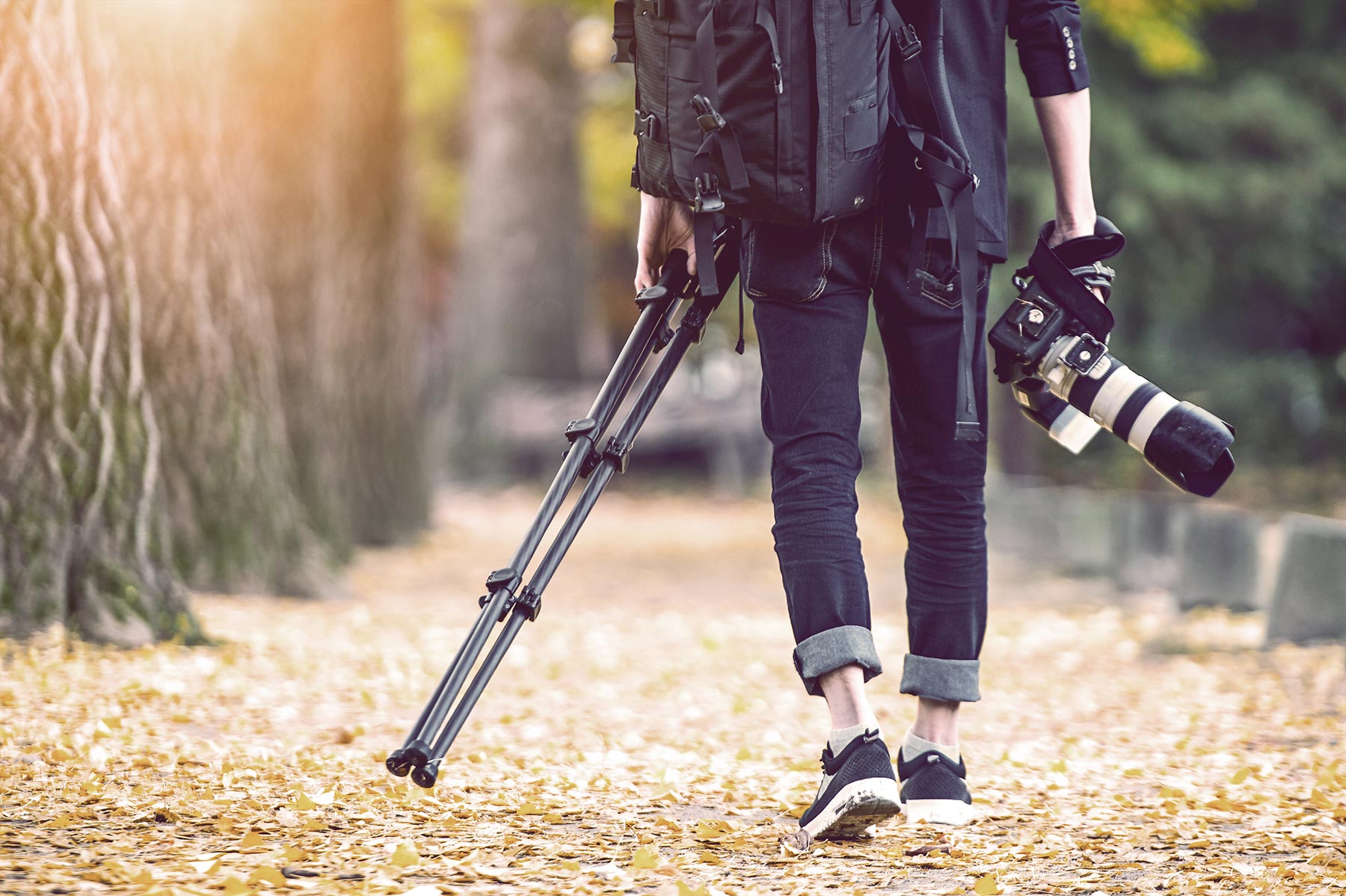As a professional photographer, you’ve invested a significant amount of money in high-end gear, from cameras and lenses to studio lighting, custom backdrops, and editing equipment. It’s natural to wonder if your homeowners’ insurance, extended warranties, or even the coverage included with a professional association membership offers enough protection. Unfortunately, while these options provide a basic level of coverage, they often fall short when it comes to the specific insurance needs of a professional photography business.
Many association-provided plans come with minimal coverage and often require you to file a claim with your homeowners’ insurance first before you can get reimbursed for damaged or stolen gear. This process can be lengthy and might leave you without essential equipment for weeks. Meanwhile, your photography jobs don’t stop. Having dedicated business insurance not only allows you to quickly replace equipment but may also cover rental gear in case you need a temporary solution to keep your business running smoothly.
In this blog, we’ll break down the differences between homeowners’ insurance, extended warranties, and specialized business insurance for photographers. You’ll see why having a dedicated photographer’s insurance policy is crucial to fully protect your business, gear, and livelihood.
1. Homeowners’ Insurance: Limited Protection for Hobbyists, Not Professionals
Homeowners’ insurance is designed to protect your personal property, not the expensive equipment you use to run a business. While it might cover a basic camera or a laptop used for family photos, the limitations become clear when you delve into what most policies actually cover.
What Homeowners’ Insurance Usually Covers
- Basic Photography Equipment: Most homeowners’ policies might cover a small amount of basic photography equipment, but only as personal property, not business assets.
- Hobby-Level Coverage: It’s geared towards hobbyists, not professionals. For example, if you’re a casual photographer with a basic DSLR and a couple of lenses, your homeowners’ policy might offer some coverage — but usually with strict caps on the value and number of items covered.
- Office Equipment: Some basic coverage for office equipment might be available, but again, this is minimal. High-end monitors, printers, and professional editing equipment often exceed the limits set by standard homeowners’ insurance.
- High-End Professional Gear: When it comes to professional-grade cameras, professional lenses, lighting equipment, custom backdrops, scrims, and grip equipment, homeowners’ insurance falls short. Most policies impose strict per-item and overall limits, making it nearly impossible to recoup the cost of professional equipment in the event of damage or theft.
- Business Use: If your equipment is used primarily for business purposes, many homeowners’ policies exclude coverage altogether. Insurers often see this as a commercial risk that requires separate business insurance.
- Rented Equipment: Renting lenses, cameras, or lighting for a special shoot? Your homeowners’ policy won’t cover rented gear if it’s lost, stolen, or damaged.
- Natural Disasters: While some policies cover damages from fire or certain natural disasters, the limits on personal property may still prevent you from receiving the full value needed to replace your professional gear.
2. Extended Warranties: Protection with Major Gaps
Extended warranties offered by camera manufacturers or retailers can seem like a good option for safeguarding your gear. However, these warranties have their own set of limitations and gaps that make them an inadequate substitute for photographer insurance.
What Extended Warranties Typically Cover
- Manufacturer Defects: Most extended warranties cover manufacturer defects or mechanical failures that occur after the standard warranty expires.
- Accidental Damage: Some extended warranties may include limited protection against accidental damage, like drops or spills, but this coverage often comes with specific conditions and high deductibles.
- Theft: If your camera bag is stolen while you’re shooting in the field or traveling, an extended warranty won’t help you.
- Fire, Flood, or Natural Disasters: Extended warranties do not cover loss or damage due to natural disasters, such as floods, fires, hurricanes, or extreme weather conditions.
- Rented Equipment: Extended warranties apply only to the specific item purchased, leaving any rented equipment entirely uncovered.
- Business Liability: Extended warranties provide zero protection against liability claims. If someone trips over your camera equipment during a shoot, or if your equipment damages a venue’s property, an extended warranty won’t offer any coverage. Many venues require proof of Liability insurance for photographers working on their property.
3. How Business Insurance for Photographers Is Different
Professional photographer insurance is specifically tailored to address the risks and requirements of a photography business, providing comprehensive coverage for your equipment, studio, and liability needs.
Key Features of Business Insurance for Photographers:
- No Per-Item Limits: Policies such as RVNA Pro Photographer insurance place no per-item limits on equipment, including high-value professional cameras such as Leicas and Hasselblads. This means you can protect all your gear, regardless of its value, with a single policy.
- Comprehensive Equipment Coverage: Unlike homeowners’ insurance, photographer insurance covers professional-grade equipment, custom backdrops, lighting kits, scrims, grip equipment, and more. Coverage also extends to office equipment, including printers, monitors, and hard drives, recognizing their importance in your workflow.
- Protection for Business Use: Photographer insurance is designed specifically for business operations, covering your equipment both on-location and in your studio.
- Coverage for Rented Gear: When you purchase RVNA Pro Photographer’s equipment coverage, you can add coverage and specify a separate limit for rented gear. So, when you rent additional lenses, cameras, or lighting equipment, your rented gear is also protected from the costs of replacement or repair if something goes wrong.
- Natural Disaster Coverage: Photographer insurance typically includes protection against a wide range of perils, including flood, fire, hurricane, and other natural disasters, which extended warranties and homeowners’ insurance usually exclude.
- Liability Protection: One of the most important aspects of business insurance for photographers is liability coverage. It protects you in case someone is injured during a shoot or if you accidentally damage property, whether you’re working in a studio or on-location.
4. Why RVNA Professional Photographer Insurance Stands Out
With RVNA Pro Photographer’s insurance, you’re getting coverage designed to fit the business needs of professional photographers. Here’s what sets it apart:
- No Per-Item Limits: Whether you own a $10,000 Leica or multiple lenses, our insurance places no cap on individual items, offering complete protection.
- Worldwide Coverage: Our policies extend beyond the United States and cover many other countries where your photography projects may take you, ensuring your gear is covered whether you’re shooting in your home studio or on an international assignment.
- Flexible Policies: Customize your coverage based on the equipment you use, the locations you shoot in, and the unique needs of your photography business. With over 22 optional coverages, RVNA’s pro photographer insurance allows each photographer to customize their insurance to suit their business needs, so you only pay for what you need.

